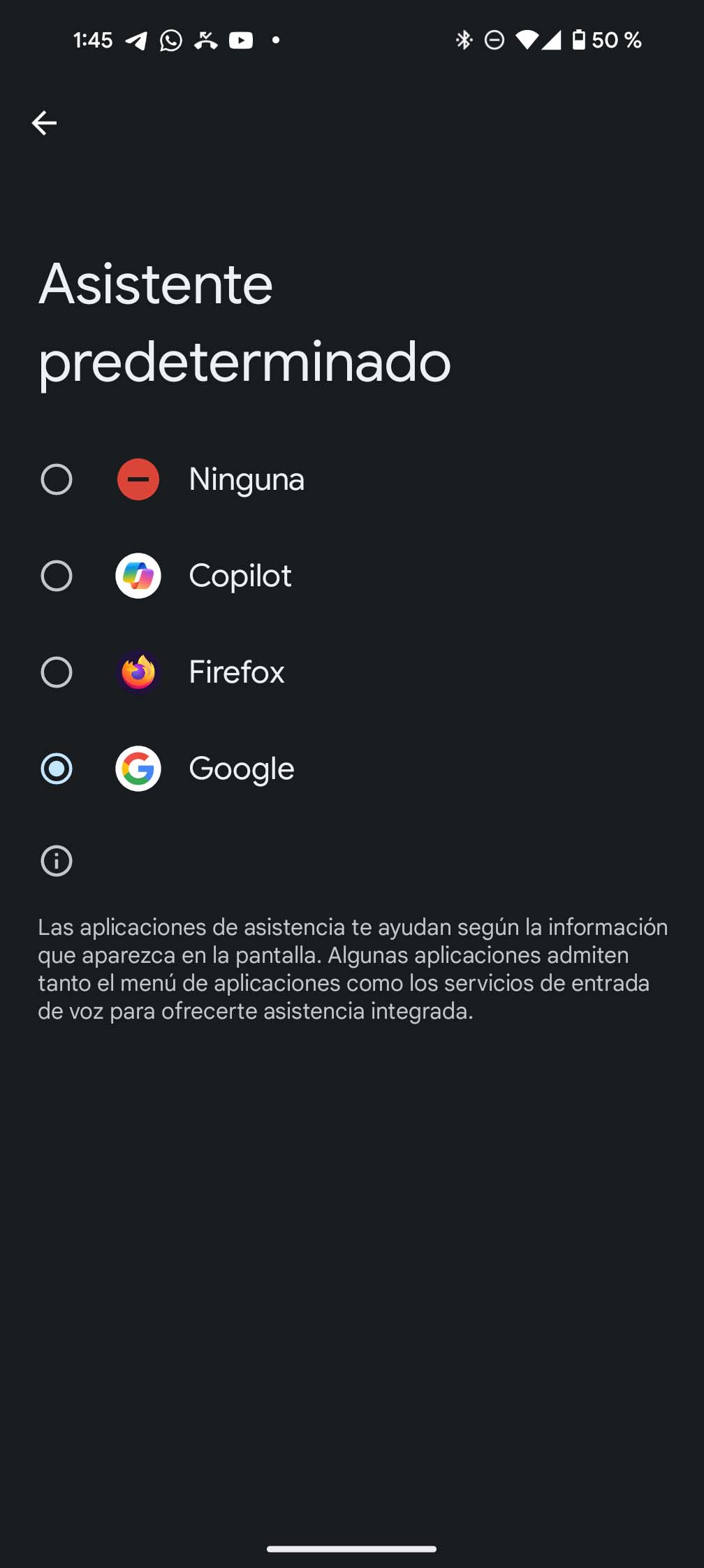Microsoft intends to bring Copilot to as many places as possibleand in all cases at maximum expression. It’s completely understandable if we consider the circumstances, both the circumstances of the technology company itself, which has made a first-class economic investment to be at the forefront of artificial intelligence, and the circumstances of the competition that has arisen primarily between Google. , Microsoft and OpenAI (although the last two have a lot in common, both technologically and economically) to become the main reference in this developing market.
A key way to achieve this growth is found in its integration into operating systems, which explains Microsoft’s interest in deploying Copilot in both Windows 11 and Windows 10, despite the fact that its plans originally included excluding the latter. Now, although many people think of Windows first when talking about the most used operating systems, the truth is that the most used operating system in the world is Android. An environment in which, moreover, digital assistants based on artificial intelligence are a particularly natural fit.
This explains tech companies’ interest in bringing their AI-based solutions to Google’s operating system, as well as Google’s effort to improve its proposition in this regard with Gemini. And already at the beginning of this year, we saw that OpenAI was working on it ChatGPT can become the default digital assistant on Android. A move that we might expect to be quickly replicated by other tech companies or, more specifically, Microsoft.


Well, we can stop considering it hypothetical and Mishaal Rahman shared tweet in which it shows Microsoft is already working on integrating Copilot as the default assistant for Android, as can be verified (I did this just to confirm) with the beta version of the Microsoft app, specifically 27.9.420225014. Once Copilot is installed on a device, it will appear as already available when accessing the system’s default digital assistant configuration.
The beta deployment of this integration seems to be universal both geographically and linguistically, in my case I just tested it and as you can see in the image above I already have it available. Actually, this feature is not ready yet, because when using it, what happens is that the Copìlot application itself opens, instead of offering us access to its functions from anywhere at the time of invoking the assistant. So we are waiting for the first steps in its integration, but it seems that there is still work ahead. Of course, we can be more than sure that we will see a lot of progress in this regard in the coming months, and that Google and OpenAI will not sit idly by during this time.
